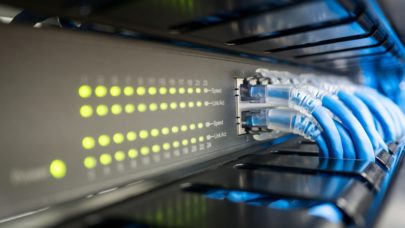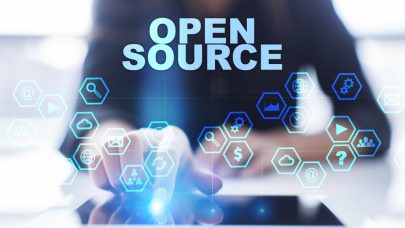Research institutions around the globe depend on collaboration and ecosystem support among experts to bring scientific innovations to life. Open standards are vital toward that goal and will help accelerate AI, machine learning, data analytics, modeling, simulation, and more. Once an academic or industry team optimizes its open-source code, that effort helps researchers in different domains advance their work. To assist in this endeavor, the oneAPI initiative – supported by many public, private, and academic organizations, including Intel – enables a cross-architecture programming model for processor and accelerator architectures, including CPUs, GPUs, and FPGAs. oneAPI also streamlines the coding process through its compatibility with multiple tools and programming languages. The Unified Acceleration (UXL) Foundation, an evolution of the oneAPI initiative, focuses on developing a specification and open-source projects to help unite the accelerator ecosystem with open standards that simplify application development on multivendor systems.
oneAPI Centers of Excellence have a global impact
Intel supports many top universities and national labs worldwide through oneAPI Centers of Excellence (CoE) to accelerate researchers’ development of open standards-based code bases. Regardless of their location or scientific discipline, all Centers employ influential principal researchers to maintain and update their code for the open ecosystem. Many Centers of Excellence also create a curriculum to help advance the oneAPI initiative and the code it enables. For example, open-source codes like GROMACS, NAMD, AMBER, and AutoDock support molecular biology research, Ginkgo serves mathematical applications, and UC Berkeley’s SqueezeLLM streamlines the deployment of large language models by addressing memory bandwidth limitations.
CoE development optimizes code for massive workloads on Intel-based architectures and processors like the Intel® Data Center GPU Max Series or the Intel® Xeon® CPU Max Series.
While organizations participating in the Center of Excellence program choose Intel architecture as an ideal platform for their work, oneAPI and the SYCL abstraction layer for C++ also let developers choose the best vendor-agnostic architecture for the problem they seek to solve without needing to rewrite it for a different platform.
Enormous contributions to the open-source community
Today, CoEs using oneAPI and SYCL seek to address far-reaching challenges, solve scientific mysteries, and pave the way for their advanced discoveries. For example:
The University of California at Berkeley’s Center for Energy Efficient Deep Learning focuses on energy-efficient algorithms and implementations for computationally intensive workloads like natural language understanding or training recommendation systems. The oneAPI Deep Neural Network Library (oneDNN), the oneAPI Collective Communications Library (oneCCL), and the oneAPI programming model help to maximize their work across multi-architecture implementations.
The University of Cambridge’s Stephen Hawking Centre of Theoretical Cosmology facilitates advanced research through standards-based code, visualization, and computational development coursework. Intel oneAPI DPC++/C++ Compiler and Intel Rendering Toolkit help the Centre to optimize related workflows.
Argonne National Laboratory (ANL) utilizes oneAPI to accelerate high-performance computing (HPC), data, and AI workloads. A combination of compilers, libraries, AI frameworks for GPUs, and hardware testing will help many scientists maximize their applications on ANL’s first exascale-capable supercomputer, Aurora.
The Department of Computer Science at Old Dominion University endeavors to optimize unstructured-grid computational fluid dynamics kernels running on Intel hardware. Their work will ultimately facilitate supersonic, hypersonic, and post-launch re-entry simulations for NASA.
Advancing research and innovation worldwide
Each pioneering Center’s oneAPI advocacy is critical. By advancing their work through open development and releasing their code for others to use and build upon, they can encourage research and industry adoption and advance their fields of discipline.
As a supportive ecosystem, the oneAPI community will spur innovation and bring new ideas and theories to fruition. Through their groundbreaking efforts, Centers of Excellence, using oneAPI and SYCL, will help scientific research navigate uncharted waters more quickly and efficiently while making discoveries along the way.
Learn more about the more than 30 Centers of Excellence here.
© Intel Corporation. Intel, the Intel logo, and other Intel marks are trademarks of Intel Corporation or its subsidiaries. Other names and brands may be claimed as the property of others.


























































